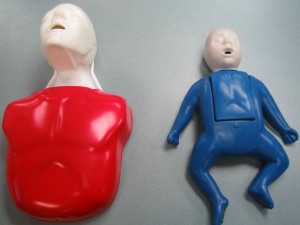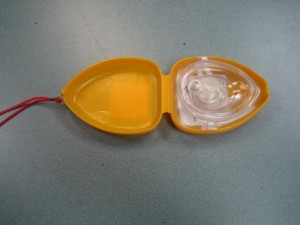Overview of PALS training
Pediatric Advanced Life Support (PALS) is a training program available in all of our providers in the US. PALS is categorized under Advanced Life Support (ALS) training, where students are trained how to give CPR in a clinical setting – primarily a hospital or ER where there is complete equipment and medication for the management of cardiac arrest. Trainees are taught about equipment and medication, and even certain diagnostic tests typically requested in an emergency setting.
There are two kinds of ALS programs, ACLS and PALS. The former is for the management of adult victims while the second is for the management of pediatric victims. Pediatric patients are those younger than 18 years old. Giving CPR to children is very different from giving CPR to adults. CPR is even different between infants and younger children.

The PALS program includes the following topics in the program curriculum:
- Pediatric pharmacology – One of the biggest differences in medical management of pediatric patients and dosages of medication. Because a child’s internal organs and systems are immature, they cannot handle the regular dosages of drugs given to adults. Using adult dosage on a child can cause severe liver and kidney damage, and eventual multi-organ failure.
- CPR and first aid – When CPR is given to an infant, only two fingers are used. The hands are either wrapped around the chest and the compressions are given with two thumbs, or the pointer and middle finger of one hand are used. For older children, compressions are given with just one hand in the center of the chest.
- Pediatric physical assessment – Because children, especially toddlers and pre-schoolers, are difficult with new people, assessment is approached different for them as well. The assessment starts with the least invasive and ends with the most invasive procedures. Parents are also encouraged to stay with their child while the examination is ongoing.
Program length and re-ceritfication
The PALS training program is completed over two days. It runs for a total of 14 class hours over that two-day period. Re-certification is available to rescuers with a PALS training certificate. The r-re-certification class lasts for five to six hours, and is completed in one day. Re-certification classes are for rescuers with certificates that are close to expiry (NOT expired).

Certificates
Certification is available after the student has finished all of the training programs. They are valid for 24 months before they expire. Training certificates from our providers are valid all over the country.
Signing up
Sign up for the program that you want to enrol in is easy. There are online application forms on the provider webpages, along with complete details on how to contact our staff. Applications can also be sent through e-mail or over the telephone, and in-person during regular business hours. If you have any queries regarding the training program, just ask our staff and they will be happy to help you.

Do you have any PALS recert courses the weekend of Aug 28/29? Thanks!